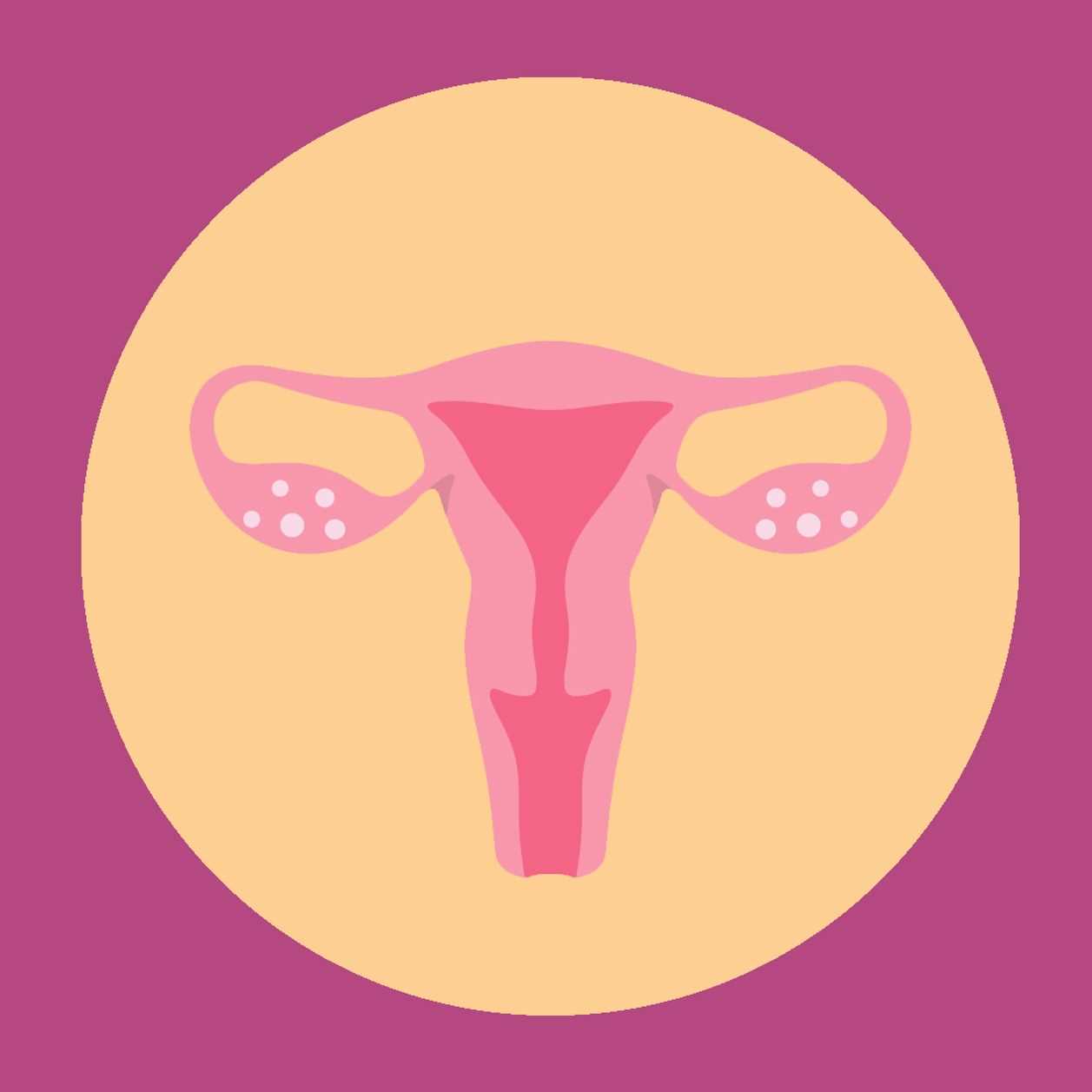Tense breasts, jagged mood, fatigue, migraines … These manifestations correspond to premenstrual syndrome (PMS) which affects many women a few days before their period. How to recognize premenstrual syndrome and above all, how to live it better? Find out everything you need to know about PMS.
The premenstrual syndrome (PMS) is a set of manifestations, both physical and emotional, which usually occur before menstruation: 2 to 7 days on average, and sometimes up to 14 days. The Sexplique website, information service on contraception and sexuality in Quebec, explains: "The definition of PMS is based on the cyclical nature of these manifestations, since they are linked to the menstrual cycle. "appearance of a series of events every month, or almost, and with more or less intensity".
Often minimized and mocked ("are you menstruating or what?"), PMS affects 25 to 77% of women, ranging from mild symptoms the day before or during their period to a severe premenstrual syndrome (in 5 to 10% of cases).
Symptoms of PMS
The symptoms of PMS vary from woman to woman. May appear:
- Breast tenderness
- Breast tension and / or pain
- Abdominal cramps
- Muscle aches (often in the lower back and in the legs)
- Decreased sexual desire
- Headache or migraines
- Sleeping troubles
- Skin problems like acne
- Change in appetite (craving for sugar and fat)
These are the physical manifestations but many psychological symptoms can also occur during this period: irritability, anxiety, changing mood, lack of energy, difficulty concentrating, depressed state …
In the most severe cases, we speak of premenstrual dysphoric disorder (PMDD), which would affect 3 to 8% of menstruating people. The manifestations are then similar but much more intense and disabling, especially on the emotional and psychological level.
Premenstrual syndrome can happen at any time, from adolescence and the first period but also later, to all women and can also be transient.
How many days before menstruation does PMS start?
PMS usually begins 5-10 days before menstrual flow and wears off when menstruation arrives. In some women, symptoms of PMS occur from the first days of ovulation (around the 14th day) and last until the onset of menstruation. Others would be affected a few days after ovulation.
To note the presence of PMS, it is also necessary to evaluate the moments of absence and well-being, which should coincide with the follicular phase (at the beginning of the cycle, when the flow occurs).
What natural solutions to relieve PMS?
To better experience your premenstrual syndrome, there is not one but several solutions. Some will work wonderfully on some women and have no effect on others.
First, it is important to adopt a good lifestyle and adapt a balanced diet. Among the natural gestures that can reduce the intensity of discomfort:
It is advisable to decrease or remove caffeine and alcohol, which appear to play a role in the severity of PMS manifestations. Also limit fast sugars and instead orient yourself towards "good" sugars (fruit, dark chocolate …). Likewise, try to reduce salt intake, which can increase water retention and bloating.
- Doing physical activity
Getting some exercise can help alleviate PMS symptoms by promoting endorphin production and reducing stress. Obviously, this is complicated if you don't feel well. Then bet on activities such as walking or gentle gyms like yoga, Pilates, stretching … It's up to you to see what suits you and relieves you the best during this period.
- Relaxation and sleep
Give yourself moments of relaxation, and take advantage of this period of the cycle to take care of yourself and relax. Meditation, yoga, deep breathing exercises … So many activities that can help reduce PMS. You should also get enough sleep because fatigue makes you more vulnerable to stress, which tends to maximize the manifestations of PMS.
Premenstrual syndrome and drug therapy
Certain medications are considered appropriate for treating the symptoms of PMS, especially in cases where it significantly affects the quality of our life. Your doctor may therefore also recommend certain medicines, such as those capable of regulating hormonal activity (for example oral contraceptives). When symptoms are severe, hormone therapy with progestins and estrogen is prescribed. Diuretics are offered to reduce water retention
Among the solutions proposed, nonsteroidal anti-inflammatory drugs (Ibuprofen) relieve cramps and reduce breast tenderness. To be effective, they must be taken during the week before menstruation and the first days of menstruation.
PMS: phythotherapy, homeopathy and alternative medicine
The alternative remedies to combat PMS are varied and relate to various aspects. By identifying the most relevant problem that a woman encounters during this period, it is possible to choose the most appropriate.
In herbal medicine, certain plants, such as chamomile and verbena to relieve anxiety, dandelion and ginger for swelling and calendula for hormonal imbalances as well as homeopathy can help you live this period better. Doctors can prescribe Folliculinum in 9 CH and Progesteronum 5 CH.
You can also make a vitamin B6 cure, magnesium and calcium to strengthen the immune system and reduce fatigue, always seeking the advice of your doctor.
Many approaches exist, such as nutritherapy or essential oils. Against breast pain, evening primrose oil taking it can be very effective. Chasteberry essential oil, similar to progesterone, acts on hormone regulation.
Other alternative medicines such as reflexology or light therapy are sometimes offered. It's up to you to find the option that suits you and listen to your body.
